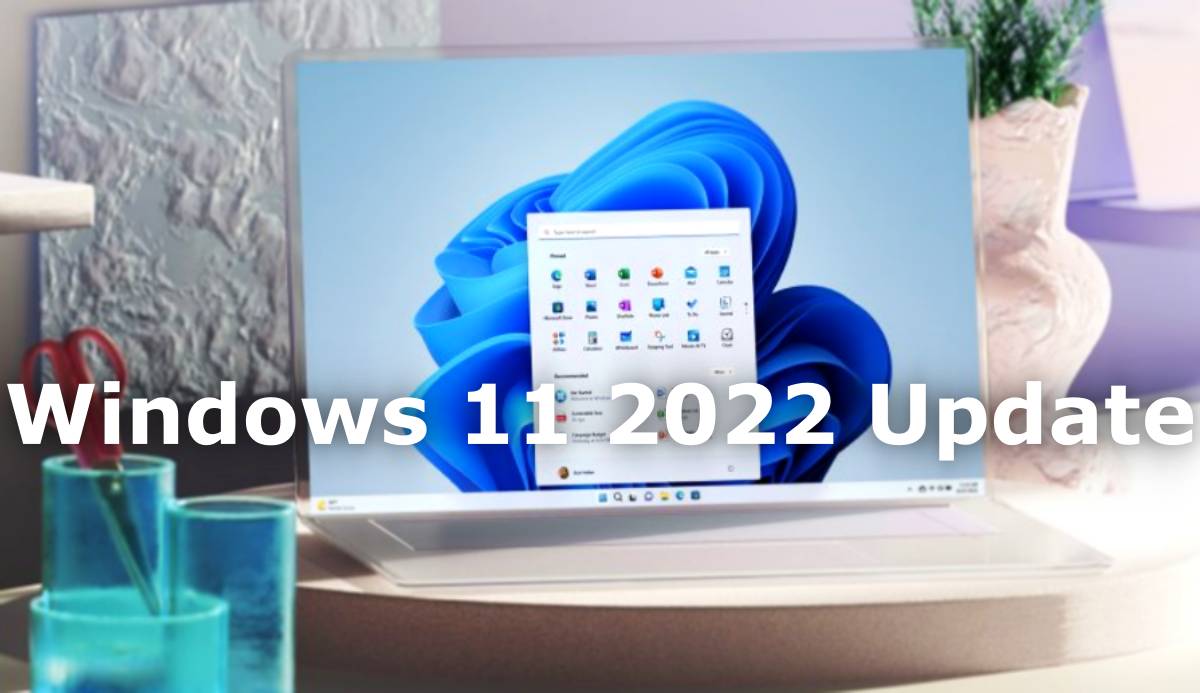Life Insurance: Zero-cost plan is not for everyone
It might be advantageous for people who believe purchasing a term plan is a waste of money or who want their money back if they live to the end of the policy's term.
There are now some insurance companies offering what are known as zero-cost term plans. Even though the name of this new version of a term insurance plan sounds good, policy buyers should know that it is not actually free.
Pure term and return-of-premium (RoP) term plans were the two types of term insurance policies available up until this point. If the policyholder lives past the policy term, pure term policies provide no benefits. If the insured passes away within the policy's term, the nominee will get the sum assured. In contrast, RoP plans cost more but offer a refund of money if the insured lives out the policy period. In order to make up for the problems with these two types of life insurance, insurers have started to offer zero-cost plans that are similar to both pure term and return-of-premium plans.
Zero-cost insurance policies enable the insured to cancel the plan at a certain time and get all of the premiums paid up to that point. However, only really long-term plans can use this facility. The term most commonly used to describe this function is "zero cost term plan. Practically speaking, there are no free meals; in my opinion, it will come with an administrative fee, etc., says Manju Dhake, vice-president of insurance at 1Finance, a personal finance advisory company.
How a zero-cost plan works
"There is undoubtedly excellent flexibility available. This benefit is being provided as an included feature at no additional cost as part of a standard term insurance plan. However, you are unable to use the exit option at any point throughout the policy's duration, according to Deepak Yohannan, creator of MyInsuranceClub. Assume you enrol in a free plan with a 40-year policy term and the ability to exercise your exit right after the 25th year. After leaving, you will receive a refund for any premiums paid. However, the insurance company will experience the following:
Advantages and disadvantages:
The zero-cost plan might be advantageous for people who want their money returned if they live through the policy term or who would otherwise think it was a waste of money to get a term plan.
According to Dhake, the requirement for a defined policy tenure in zero-cost plans is one of the reasons why the premium is slightly higher than pure term plans. "The premium for term insurance increases with the length of the policy. But, he says, you should think about what you need, understand the goal of the strategy, and then decide which product is best for your stage of life.
Should you buy it?
"It is wise to receive your payments returned and take a vacation if you have enough money saved and are no longer in need of life insurance coverage. Yohannan says that if you do this to deal with a financial emergency, it is a hard choice because you are giving up your coverage just when you need it the most.
Life-term insurance should be seen from a protection viewpoint, retaining the investment or wealth-building goal with other financial products, adds Dhake. "I advocate choosing the plain-vanilla plan," he advises.
Know the risks.
Because life insurance should be viewed as a tool for protection rather than investment or wealth creation, it is best to purchase a simple term insurance policy. This option, however, is only available for extremely long-term zero-cost plans, and even then, only after a certain amount of time has passed.




